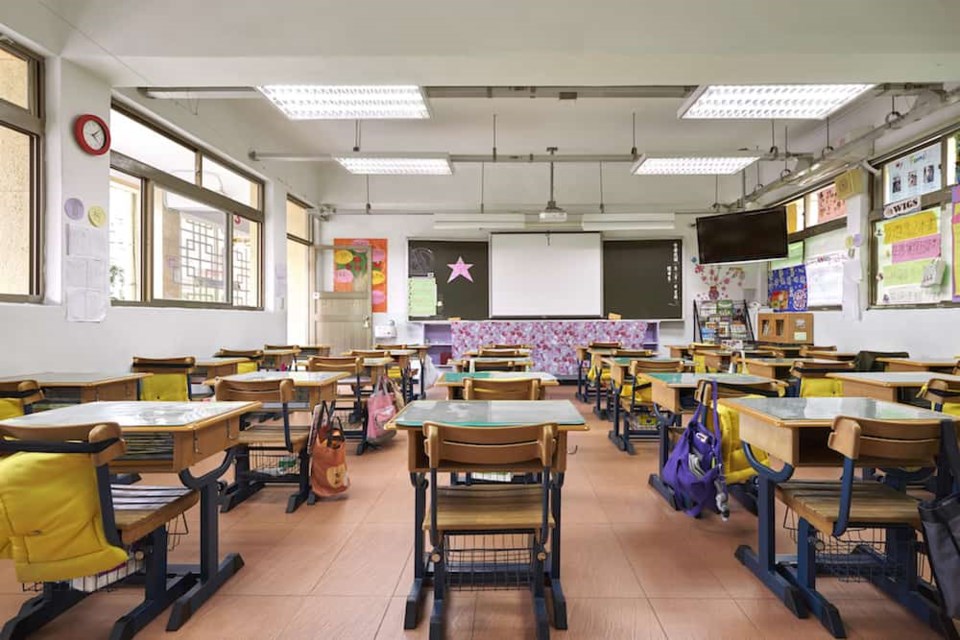With hundreds of COVID-19 exposures in British Columbia schools over the past several month, some have called on B.C. to follow Ontario's lead and close in-class instruction. But on Thursday, Dr. Bonnie Henry presented new data to show why that's not being considered at this time.
During her “epidemiological modelling” presentation Thursday, Dr. Henry pointed to two studies in the Fraser and Vancouver Coastal health regions that showed that the limited transmission seen in schools does not appear to be driving transmission in the community.
Between Jan. 1 and March 7, 2,049 COVID-19 cases were identified among school staff and students in the Fraser Health region. Of these, 83 per cent of cases were students.
But of these cases, public health determined only 267 of the cases were “likely” acquired in a school itself, and when transmission did occur in schools, it would typically lead to just one other case. Additionally, there was no transmission identified at about 85 per cent of Fraser Health schools during this period.
A similar study in the Vancouver Coastal Health region between Sept. 10 and Dec. 18 of last year found similar results, but no similar data was presented for the Interior.
“Student and staff cases follow the trends in the community, but when they're in the structured school environment, the rates of transmission are much much less,” Dr. Henry said.
“Most of the cases in the school setting were acquired outside of the school and there was little transmission within the school itself.”
She also noted they have not seen increased transmission in schools in recent weeks due to the increase in "variants of concerns" circulating in the community.
“That is something we are watching,” Dr. Henry said. “It speaks to the importance of safety measures and structured environments being less risky than some of the unstructured social connections that we have.”
Dr. Henry said younger people generally suffer far less severe symptoms from the virus, and do not appear to catch it as easily as older people. To date, no school-age children in B.C. have died from COVID-19, and about 1 in 200 people under 18 who become infected with the virus requires hospitalization, compared to 1 in 20 for adults.
Citing the disruption COVID-19 school exposures can have on students, Dr. Henry said they'll be prioritizing school staff for vaccines, starting with the areas with highest transmission, like in Surrey. She said the rest of the province's school staff will be offered a vaccine within the coming weeks.



